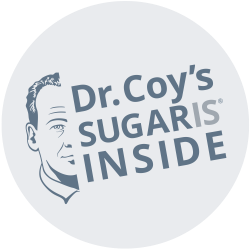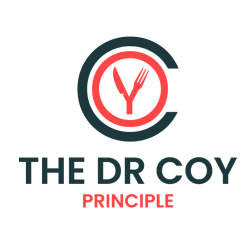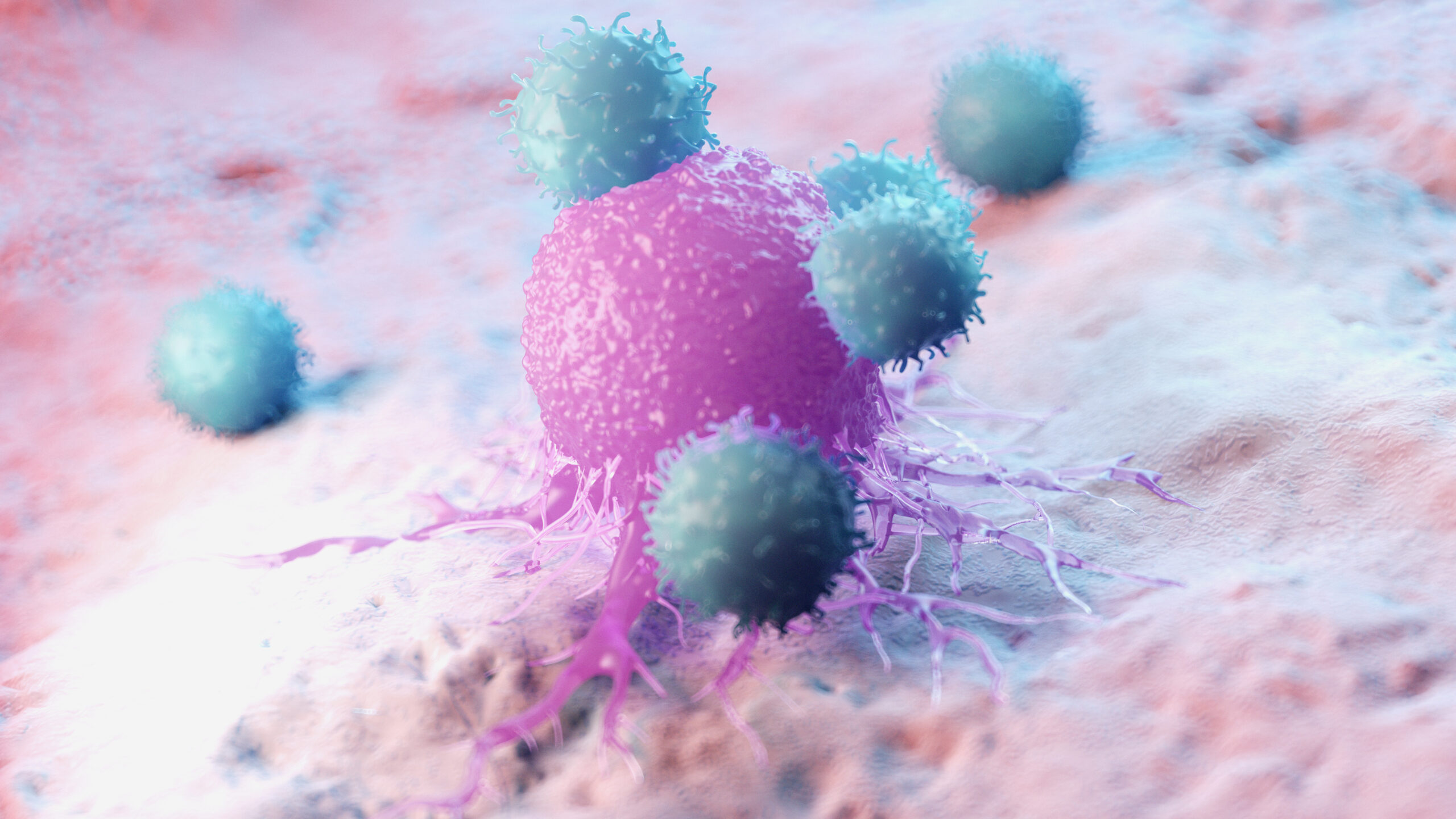A recent study in CytoJournal (March 2025) sheds light on how a signaling protein, platelet-derived growth factor subunit B (PDGFB), accelerates lung cancer progression by rewiring sugar metabolism.
PDGFB, TKTL1, and the Warburg Effect
Healthy cells generate energy efficiently in mitochondria via the combustion pathway, burning glucose with oxygen. Many cancer cells, however, switch to fermentation, converting glucose into lactate even when oxygen is present. This phenomenon is known as the Warburg effect.
The study found that lung cancer cells overproducing PDGFB:
• Absorbed more glucose
• Generated more ATP (energy)
• Produced more lactate
• Became more aggressive, growing, invading, and spreading faster
In this context:
• PDGFB acts like an accelerator, pushing cells into the Warburg effect.
• This shift moves cells away from the healthier combustion pathway, favouring rapid but unstable energy production.
While the study did not measure TKTL1, Dr. Johannes Coy’s discovery of this gene is central to this process: TKTL1 is known to support fermentation in tumor cells rapidly, producing energy and the building blocks needed for growth. This highlights the connection on how PDGFB-driven changes may align with TKTL1’s role in cancer metabolism.
The Dr. Coy Principle: Counteracting the Warburg Effect
The Dr. Coy Principle provides a nutritional framework designed to reduce TKTL1-driven fermentation and support healthy metabolism. It’s built on five pillars:
1. Carbohydrate management with Dr. Coy’s sugars (galactose, mannose, tagatose):
These sugars cannot be efficiently used by TKTL1-dependent cancer cells, helping redirect metabolism back toward the combustion pathway.
2. 2 g DHA & EPA + 10 g MCT fats daily:
These mitochondria-friendly fats support healthy energy production without fuelling cancer cells.
3. Secondary plant compounds (polyphenols):
Polyphenols naturally found in berries, vegetables and teas inhibit the fermentation pathway and strengthen mitochondrial function.
4. 100 mg tocotrienols daily:
Tocotrienols suppress HIF-1α, a factor that enhances TKTL1-driven fermentation and the Warburg effect.
5. 1.5 g lactate daily:
Supplemental lactate helps buffer tissue stress and limits cancer cells’ ability to exploit lactate for growth.
Together, these pillars offer a holistic nutritional strategy that helps move metabolism away from the harmful Warburg-type fermentation and toward healthy energy use.
Why This Matters
The PDGFB study highlights how the Warburg effect fuels cancer growth. By understanding the TKTL1-driven fermentation pathway, we see why The Dr. Coy Principle is so important: it helps limit cancer’s energy advantage while supporting healthy metabolism.
References:
Learn more: The Dr. Coy Principle
References
1. Ge, X. et al. Dietary galactose reprograms liver metabolism to enhance anti-tumour CD8⁺ T cell responses. Nature Cell Biology (2025). https://doi.org/10.1038/s41556-025-01716-8
2. Intelligent Sugar – The Dr. Coy Principle https://intelligentsugar.info/sugars/cancer-nutrition-with-the-dr-coy-principle/


